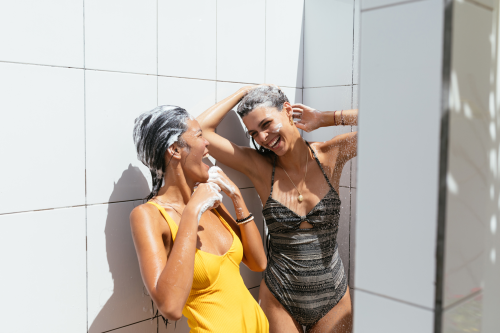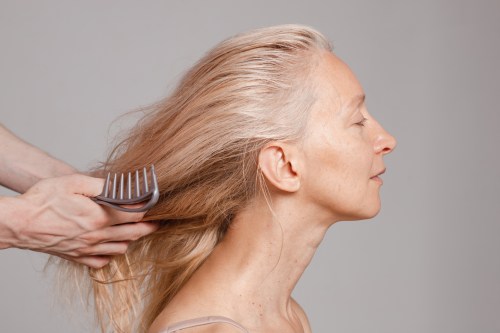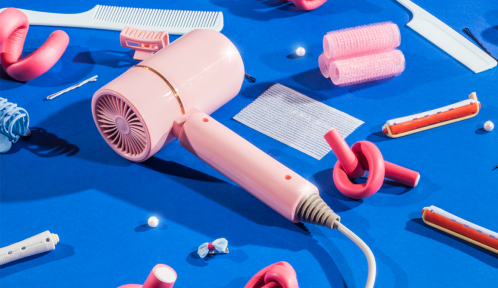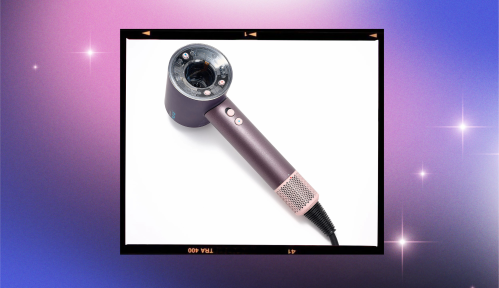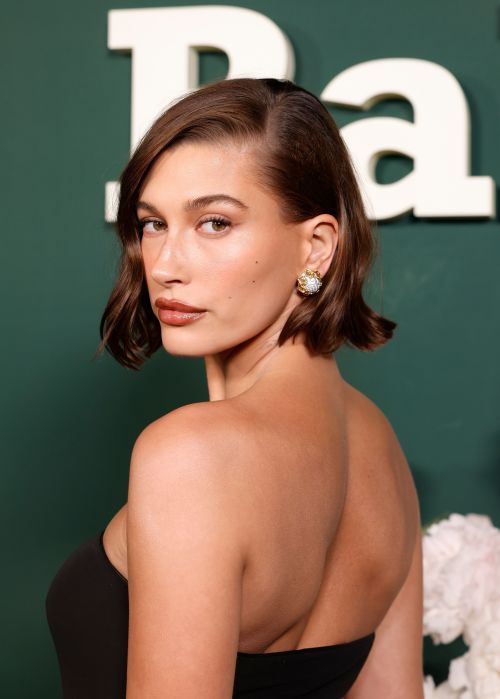Sleeping with wet hair can give you that chic bedhead #lewk—but there’s a catch
Will sleeping with wet hair give you a tousled look or tangles for days? Hair stylists weigh in on the pros and cons of snoozing on wet strands.

Come hell or hot (shower) water, I will not blow dry my hair. Call me lazy, but every time I switch on the hair styler’s cool setting and begin airing out each strand, I think of everything I could be doing instead—performing jumping jacks, rewatching Criminal Minds, taste-testing the 44 mango varieties of Nevis. I’m the air-drying queen, even if it means sleeping with wet hair.
Luckily, I’m not necessarily committing a cardinal hair sin by going to bed with damp tresses. According to Paul Labrecque of New York City’s Paul Labrecque Salon and Spa, sleeping with wet hair is really no big deal—so long as you don’t make it a habit. In fact, every once in a while, it could help you achieve that tousled look without slathering on a gallon of product. “If you allow your hair to dry naturally, with its own body, you’ll end up with your signature ‘bed head’ look the next day,” Labrecque tells me. “I definitely recommend doing this every now and again, to my clients who take good care of their hair and [to my clients] whose strands have some natural body to them. This can end up being a really sexy, textured look when done right and if your hair is healthy.”
My hair’s curly, texturized, and often leans toward the frizzy side. But Labrecque is totally right: After sleeping with wet hair, I wake up to ringlets that are living their best, bounciest life. Also, when I’m sweating my eye mask off on summer nights, it’s kind of nice to use my hair as a quasi-cooling halo. (Especially because science suggests that staying cool can help you sleep better.)
“If you allow your hair to dry naturally, with its own body, you’ll end up with your signature ‘bed head’ look the next day.” — Paul Labrecque of New York City’s Paul Labrecque Salon and Spa
However, even if the practice is a “yes” for style, it may be a “no” for the health of your hair if you do it on the reg. Marshall Lin, a hairstylist at Marie Robinson Salon in NYC, tells Dermstore’s blog that breakage is a big concern—and it’s the reason why you don’t want to make it a nightly ritual. “Your hair can get tangled during sleep, and those knots can be harder to get out without causing breakage to strands,” he says. In other words, sleeping with wet hair can result in a scenario like the one in The Princess Diaries when Anne Hathaway’s brittle hair literally breaks the stylist’s hair brush. Only, you won’t get crowned the Princess of Genovia in the end of this story—you’ll just wind up with a bad hair day.
On top of that, Lin warns that too much dampness creates a breeding ground for scalp troubles. “The moisture, oil, and body heat from your scalp can cause buildup and lead to dry scalp or dandruff,” he says. Plus, snoozing on your style presents another major issue: Wet hair is really, really malleable, but locks in place once it dries. So if you do sleep on soaking wet strands and toss and turn a bunch in your sleep, you may wake up with a funky crease or new hair part you’re not quite ready to rock (¯_(ツ)_/¯).
If you absolutely can’t avoid sleeping with wet hair, Lin offers a few suggestions to make sure you wake up without a hair disaster on your hands. If you have straight strands, he advises letting your strands dry just a bit, applying a dime-sized glob of your go-to leave-in conditioner, and combing the product through your hair. Those with a wavy or curly mane can grab a curl cream and get scrunching!
Remember, your hair texture will have a big say in the kind of results you see at the end of Experiment Bedhead. Trial and error are necessary—and you might just find that investing in some quick-drying hot tools trumps the less-than-desirable parts of sleeping with wet hair.
A dermatologist never (ever!) wants you to do this in the shower. And if you’re confused about shampoo (raises hand), here’s how to use it properly.
Sign Up for Our Daily Newsletter
Get all the latest in wellness, trends, food, fitness, beauty, and more delivered right to your inbox.
Got it, you've been added to our email list.
